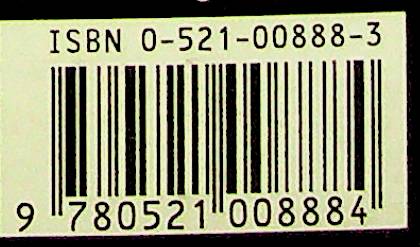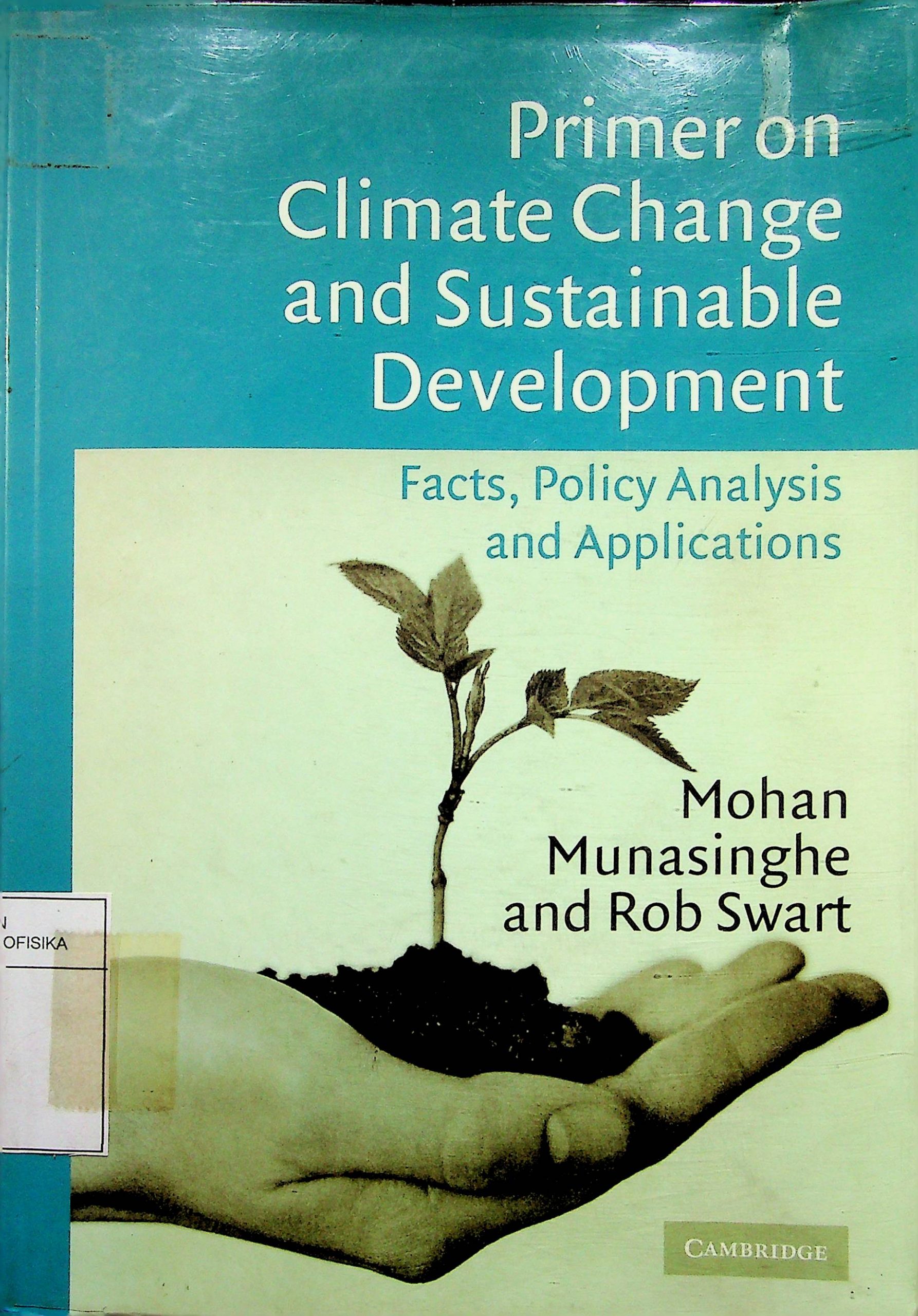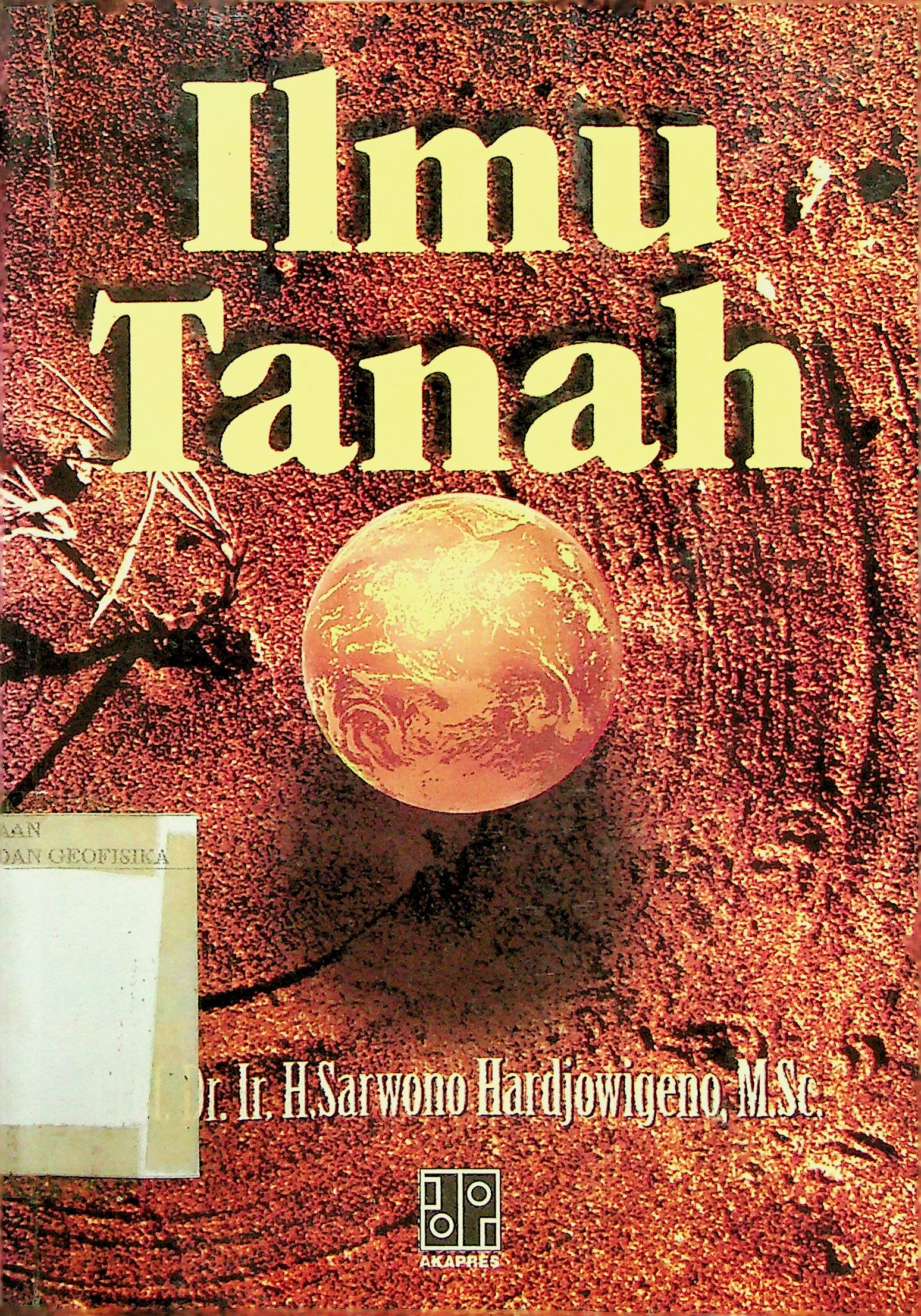Climate change and variability have become the primary environmental concern of the twenty-first century; the potential impacts and mitigation of climate change need to be analysed within the context of sustainable development. How does climate change affect sustainable development prospects? How can climate change response measures best be incorporated into broader development strategies? This Primer on Climate Change and Sustainable Development gives an up-to-date, comprehensive and accessible overview of the links between climate change and sustainable development. Building on the main findings of the last series of Intergovernmental Panel on Climate Change (IPCC) assessment reports, in which both authors were involved, the book summarizes the latest research linking the two. Our current knowledge of the basic science of climate change is described, before moving on to future scenarios of development within the context of climate change. The authors identify opportunities for synergies and resolving potential trade-offs. Discussing theory, policy analysis and applications, they analyse effective implementation of climate policy at scales ranging from the global to the local. The book contains a foreword from the chair of the IPCC. The book will be compulsory reading for those policy-makers, scientists, students and engaged citizens around the world who have an interest in any aspect of climate change and sustainable development. Professor Mohan Munasinghe has postgraduate degrees in engineering, physics, and development economics, from Cambridge University, the Massachusetts Institute of Technology, McGill University, and Concordia University. Presently, he is chairman of the Munasinghe Institute for Development (MIND), Colombo; vice-chair of the IPCC, Geneva; visiting professor at Yale University, USA; and honorary chief energy advisor to the Government of Sri Lanka, Colombo. From 1974 to 2002, he worked for the World Bank, Washington DC, in various positions, including director and senior advisor. From 1982 to 1987, he was the senior energy advisor to the president of Sri Lanka. From 1990 to 1992, he served as advisor to the United States President’s Council on Environmental Quality. He has implemented international development projects for three decades, and contributed to IPCC work for 15 years. He has won a number of international awards and medals for his research, authored over eighty books and several hundred technical papers, and serves on the editorial boards of a dozen international journals. Doctor Rob Swart was trained as an environmental engineer at Delft Technological University and received his Ph.D. on the risks of climate change from Amsterdam Free University. He has held various positions at The Netherlands National Institute for Public Health and Environment (RIVM) since 1980, and also spent time working for the World Health Organization and the US Environmental Protection Agency. He has also worked on projects in the area of global change and sustainability for the Stockholm Environment Institute, the Organization of Economic Development (OECD) and the United Nations Environment Programme (UNEP). He was head of the Technical Support Unit of Working Group III of the International IPCC, and co-editor of the IPCC’s Climate change 2001: mitigation. Contribution of Working Group III to the Third Assessment Report, Cambridge University Press, 2001) and the IPCC’s Emissions scenarios: A Special Report of the IPCC Working Group III (Cambridge University Press, 2000). Currently, he is manager of the European Topic Centre on Air and Climate Change of the European Environment Agency.
5
Primer on Climate Change and Sustainable Development
Mohan Munasinghe & Rob Swart
Penerbit :
Cambridge University
Tahun :
2005
Buku Text
-
No Scan36
-
No Klasifikasi304.25
-
ISBN-
-
ISSN-
-
No Registrasi075A/XII/2007
-
Lokasi Terbit-
-
Jumlah Hal70
-
Label304.25 Mun p
-
Versi DigitalYA
-
Versi FisikYA
-
Lokasi Rak Buku Fisik07/A/10
-
Jumlah Exemplar Fisik Tersedia1






